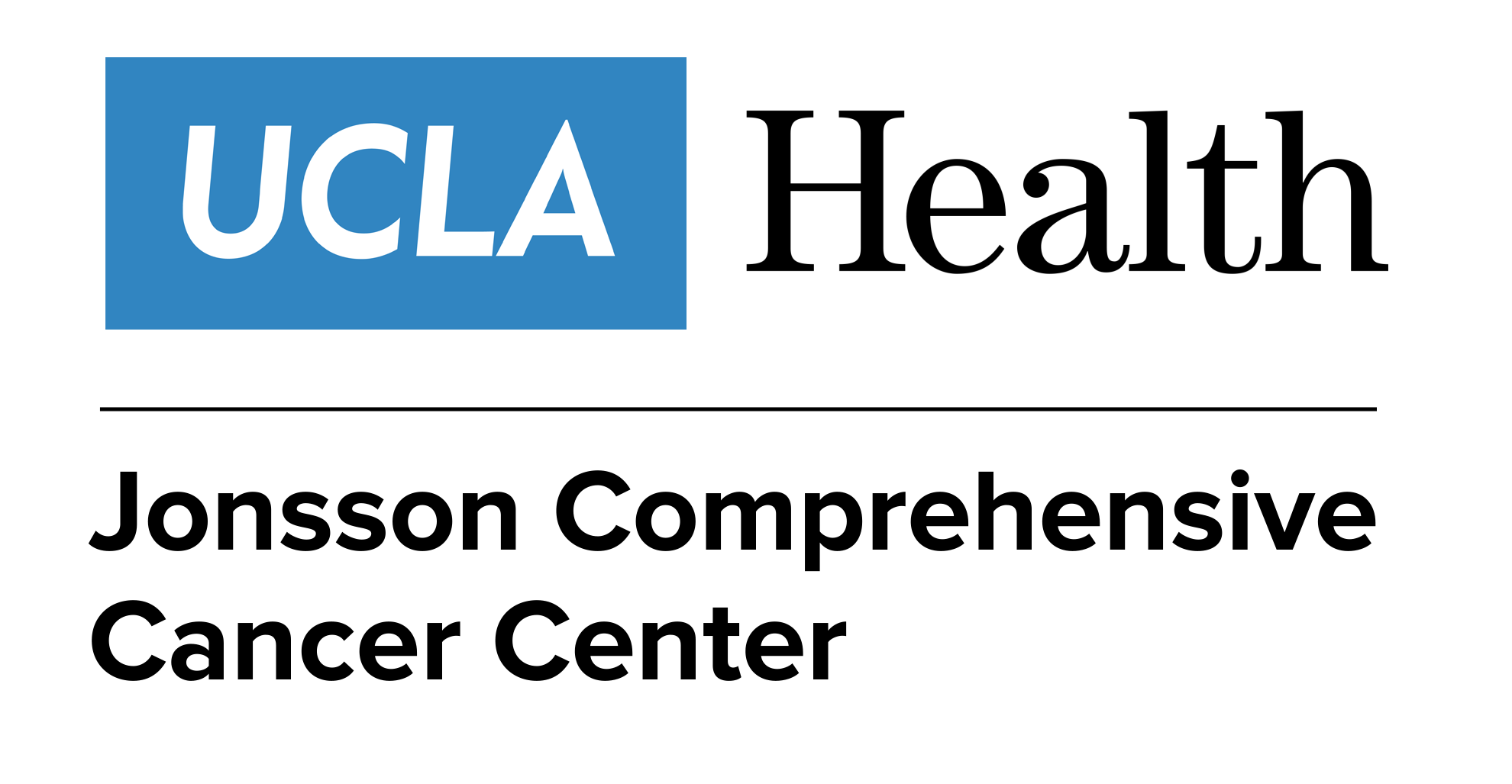- Advertise
- About OncLive
- Editorial Board
- MJH Life Sciences brands
- Contact Us
- Privacy
- Terms & Conditions
- Do Not Sell My Information
2 Clarke Drive
Suite 100
Cranbury, NJ 08512
© 2025 MJH Life Sciences™ and OncLive - Clinical Oncology News, Cancer Expert Insights. All rights reserved.
Frontline T-DM1 on Horizon in Metastatic Breast Cancer
Treatment with the antibody-drug conjugate T-DM1 (ado-trastuzumab emtansine; Kadcyla) has demonstrated promising clinical efficacy with lower toxicity across a variety of settings for patients with HER2-positive metastatic breast cancer when compared with standard therapies.
Sara Hurvitz, MD
Treatment with the antibody-drug conjugate T-DM1 (ado-trastuzumab emtansine; Kadcyla) has demonstrated promising clinical efficacy with lower toxicity across a variety of settings for patients with HER2-positive metastatic breast cancer when compared with standard therapies.
In February 2013, the FDA approved T-DM1 as a treatment for patients with HER2-positive metastatic breast cancer following progression on trastuzumab with a taxane. Although the FDA approved the drug as a second-line therapy, several treatment guidelines list it in earlier settings. To address the use of T-DM1, studies are exploring the agent in a variety of settings. In a panel discussion, Sara Hurvitz, MD, described findings from a promising clinical trial exploring T-DM1 in the frontline setting.
"The progression-free survival for T-DM1 was about 14.2 months and for the control arm was around nine months, so there was a five month benefit in progression-free survival that was statistically significant," said Hurvitz, an assistant professor & director at the UCLA Jonsson Comprehensive Cancer Center. "The toxicity—I think that’s why we all love this drug—because patients feel well on it. Ninety percent of patients in the control arm had grade 3/4 adverse events compared with about 40% in the T-DM1 arm."
The phase II study randomized 137 patients with HER2-positive metastatic or locally advanced breast cancer in a 1:1 ratio to receive first-line trastuzumab plus docetaxel (n = 70) or T-DM1 (n = 67). The primary endpoint of the study was investigator-assessed progression-free survival (PFS) and safety. The secondary endpoints focused on overall survival (OS) and objective response rate (ORR).
According to results published in the Journal of Clinical Oncology, the median PFS was 14.2 months with T-DM1 versus 9.2 months with trastuzumab/docetaxel (HR = 0.59; 95% CI, 0.36-0.97). The ORR was 64.2% versus 58%, for T-DM1 and trastuzumab/docetaxel, respectively.
At a median 23-month follow-up, OS was similar between the two arms. At the analysis, very few deaths were reported and approximately 50% of patients had crossed over from the trastuzumab/docetaxel arm to receive T-DM1, confounding the OS data, the authors of the study believed.
Grade 3/4 adverse events were less common with T-DM1 compared with trastuzumab/docetaxel (46.4% versus 90.9%, respectively). Grade 4 adverse events occurred in 5.8% of patients treated with T-DM1 versus 57.6% with trastuzumab/docetaxel. Serious adverse events were experienced by 20.3% and 25.8% and adverse events leading to discontinuation of treatment were reported in 7.2% and 40.9% of patients, in the T-DM1 and trastuzumab arms, respectively.
To validate the efficacy of frontline T-DM1, the phase III MARIANNE trial is currently looking at T-DM1 plus or minus pertuzumab compared with trastuzumab plus a taxane for untreated patients with HER2-positive metastatic breast cancer. The primary endpoint of the study will assess PFS, with secondary outcome measures focused on adverse events. Results from this study are expected in 2016 (NCT01120184).
However, the MARIANNE study was designed prior to the reporting of data from the phase III CLEOPATRA trial, which showed an impressive 15.7-month improvement in OS with trastuzumab, docetaxel, and pertuzumab in women with HER2-positive breast cancer in the first-line setting. As a result of this timing, the MARIANNE trial does not contain a trastuzumab, taxane, and pertuzumab arm.
"What they’re missing in the first-line setting is the taxane plus trastuzumab plus pertuzumab," noted Hurvitz. "We may end up with two first-line options, and knowing which order to do them in is going to be rather up in the air."
Outside of the frontline setting, other studies continue to explore T-DM1 for patients with HER2-positive advanced breast cancer. The phase III randomized KAITLIN study (BO28407) will compare T-DM1 plus pertuzumab to trastuzumab with pertuzumab plus a taxane as adjuvant therapy following anthracyclines for patients with HER2-positive primary invasive breast cancer.
In later lines of treatment, T-DM1 continued to demonstrate promise in the TH3RESA study, resulting in the treatment becoming the standard of care for patients with refractory HER2-positive metastatic breast cancer. In this trial, patients treated with at least 2 prior HER2 targeted therapies experienced a median PFS of 6.2 months with T-DM1 compared with 3.3 months in patients receiving physician’s choice of therapy.


